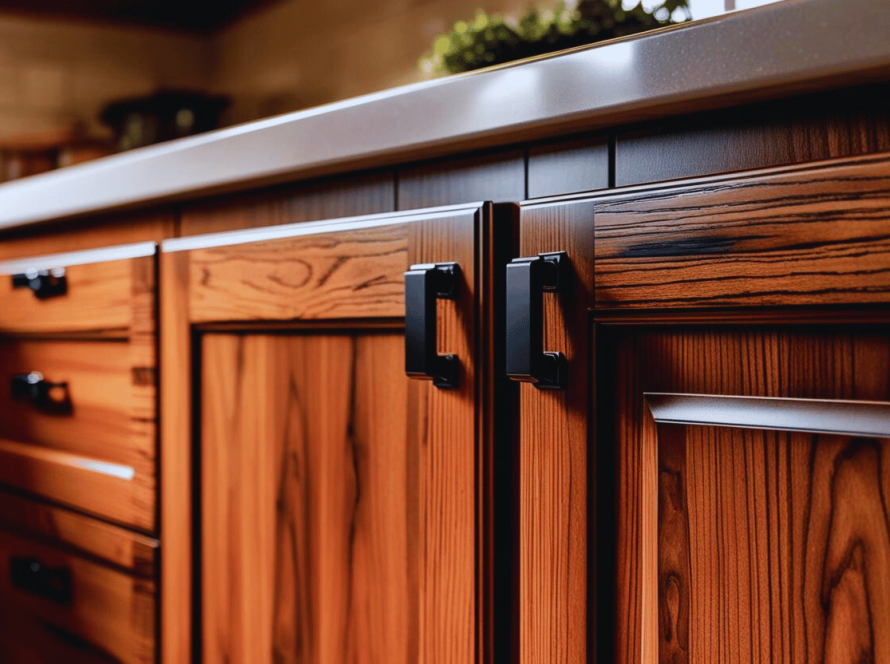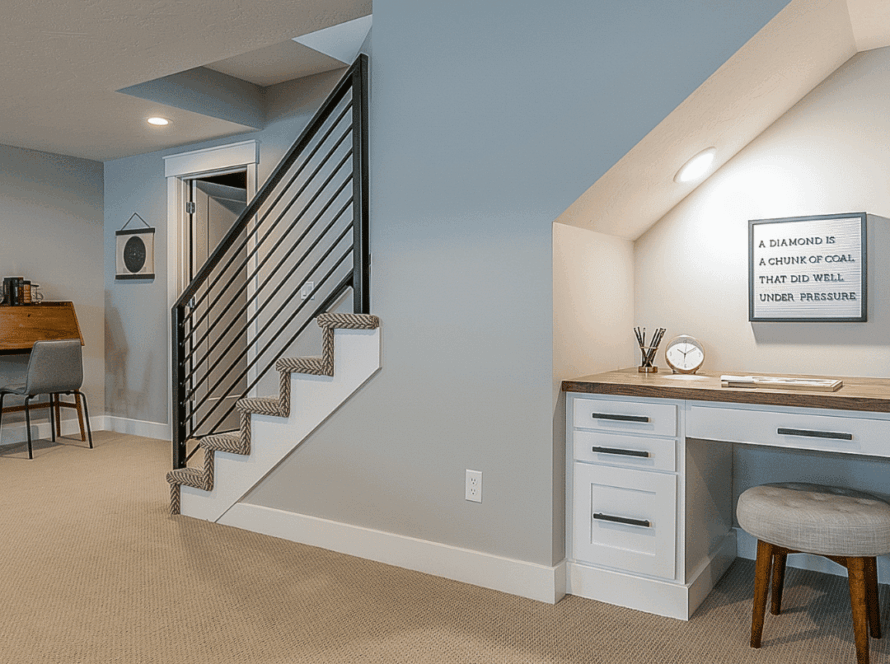Kitchen remodeling is among the most common home improvement projects, as it can make a huge difference in the functionality and the looks of your home. But the most frequently asked question that homeowners ask before embarking on a kitchen remodeling project is: what is the duration of this project? A kitchen remodel process may take some time but this will depend on a number of factors such as the extent of the work, the design and whether you are dealing with a contractor. In this paper, we are going to divide the common timeframe that is required to remodel a kitchen and the aspects that may affect the length of this process.
Factors That Influence Kitchen Remodel Time
However, before we get into the details of the duration of a kitchen remodel, it is essential to first have a look at the primary factors that may influence the timeframe:
Scope of the Remodel
The scale and scope of your remodel is a massive factor of the time it will take. When you are only changing the cabinets, countertops, and backsplash, the remodel will be quicker as compared to when you are making structural changes such as moving the walls or changing the layout.
Design Complexity
Custom cabinets, fancy tile work or luxury finishes are more complicated designs and will take more time. Also, when you are involved with a designer to develop a totally new layout, it will take extra time in planning and approval.
Permits and Approvals
Some kitchen remodels can need permits, particularly in the event that you are doing structural work or electrical and plumbing replacements. Depending on your local regulations, the project may take a few days to a few weeks to get the permits.
Material Availability
The sourcing of materials may also affect your schedule. When you opt to have custom-made cabinets, expensive appliances, or special materials, you might have to wait longer. The ready-made or stock materials are faster to obtain.
Contractor Availability
The duration of the remodel may be influenced by the availability of your contractor and their team. There are contractors who might be handling several projects simultaneously and this may slow down your project. Also, hire a contractor with experience to ease the process.
Typical Kitchen Remodel Timelines
Although the schedule may be different based on the above factors, the following are some of the general estimates of the time it may take to remodel a kitchen:
Minor Kitchen Remodel (1 to 3 Weeks)
A small remodel is cosmetic in nature, and it may include changing countertops, cabinets, and a backsplash or renovating the flooring. It is a faster process because no major structural changes are involved.
What’s involved:
- Replacing or painting cabinets
- Installing new countertops
- Replacing backsplash
- Updating flooring or repainting walls
- Updating lighting fixtures
This kind of remodel normally lasts approximately 1 to 3 weeks, which is dependent on the size of the kitchen and availability of materials.
Moderate Kitchen Remodel (3 to 6 Weeks)
A midrange renovation may entail the restructuring of the kitchen, the changing of large appliances, or the improvement of the plumbing and electric supply. You may also have custom cabinetry or upgrade to more expensive materials.
What’s involved:
- Moving or replacing appliances
- Changing the configuration (e.g. moving the sink or range)
- Installing new flooring
- Custom cabinetry
- Upgrading plumbing and electrical systems
- New lighting and fixtures
A moderate remodel typically takes 3 to 6 weeks. Such a remodel will probably include more contractors and materials, and this may take more time.
Major Kitchen Remodel (6 to 12 Weeks)
A major remodel would entail major structural alterations, including demolishing walls, relocating plumbing or electrical, and putting in custom designs. This kind of remodel can also include the total re-design of kitchen layout.
What’s involved:
- Moving or removing walls
- Upgrading plumbing and electrical systems
- Custom cabinets and high-end finishes
- Relocating appliances and changing the kitchen layout
- Putting in high quality materials (e.g. high-end countertops, custom flooring etc.)
A significant remodel can take between 6 to 12 weeks to complete based on the nature of the work. It can take time as permits and inspection might be needed.
A Breakdown of the Remodel Process
In order to get a better idea of the time each step of the remodel will require, here is a list of the general steps of a kitchen remodel:
Planning and Design (1 to 4 Weeks)
Depending on the complexity of the remodel, the planning and design process may last 1 to 4 weeks. Sit down with your designer or contractor and design your new kitchen layout, choose materials and make choices regarding style and design details.
Demolition (1 to 2 Days)
Demolition is the act of eliminating the old materials including cabinets, countertops, and flooring. In case of a smaller kitchen, demolition may be as short as 1 to 2 days. For larger projects, it could take longer.
Construction and Installation (3 to 8 Weeks)
After the demolition process is over, construction and installation will proceed. This step entails the reconstruction of the kitchen with possible framing walls (where needed), new plumbing and electricity, and the laying of new flooring. The time required to do this is 3 to 8 weeks, depending on the size of the work and the availability of contractors.
Final Touches and Clean-Up (1 to 2 Weeks)
After the main work is done, the finishing touches will be done i.e. painting, backsplash and light fittings. The kitchen will also undergo cleaning and inspection before it is finally approved. This step can take 1 to 2 weeks.
How to Speed Up the Remodel Process
In case you want to accelerate your kitchen remodel, then the following are some tips:
Be Organized: Plan your remodel in advance and do not make any last-minute changes that will cause delay.
Select Stock Materials: In case you select the pre-made or the stock materials, the procurement timeline will be significantly reduced.
Employ Skilled Contractors: An skilled contractor will work effectively and maintain the project on schedule.
Minimize Structural Changes: Avoid making major changes like moving walls or altering plumbing and electrical systems, as this can significantly increase the timeline.


